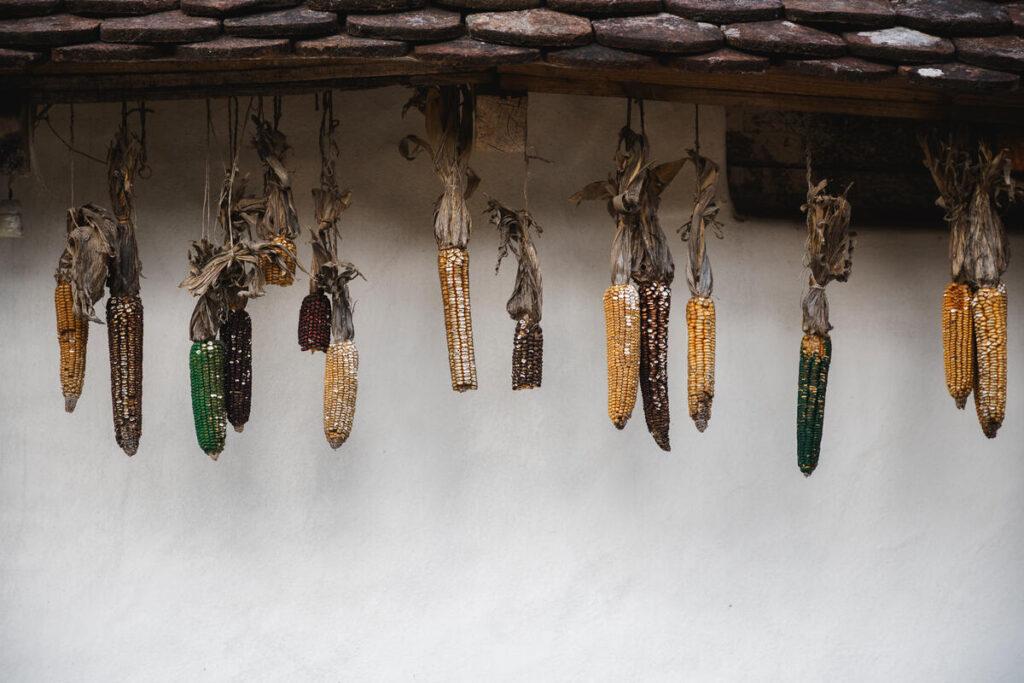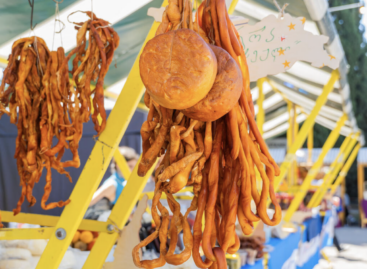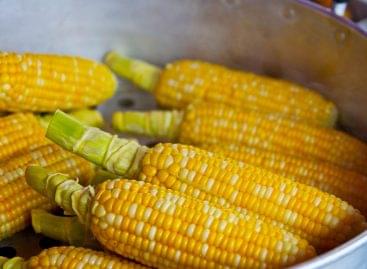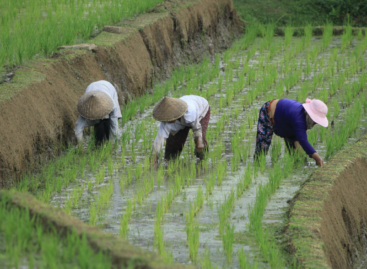FAO food price index remained essentially unchanged in August
The Food and Agriculture Organization of the United Nations (FAO) reported on Friday that the global food commodity price index was virtually unchanged in August, as increases in international prices for meat, sugar and vegetable oils were offset by decreases in the prices of cereals and dairy products.

The FAO food price index – which tracks monthly price changes in the most important food commodities in international trade – averaged 130.1 points in August, virtually identical to 130.0 points in July and 6.9% higher than a year ago.
Vegetable oil prices rose 1.4% compared to July, reaching a more than three-year high. Palm, sunflower and rapeseed oil prices rose, partly as Indonesia plans to increase its biodiesel blending ratio even higher in 2026. Soybean oil prices, on the other hand, fell on the back of a global soybean supply glut.
The FAO Cereal Price Index fell 0.8% from the previous month. International wheat prices fell on expectations of larger harvests in the European Union (EU) and Russia, while maize prices rose, partly on higher feed and ethanol demand in the United States. The price index for all rice varieties eased as international prices for indica varieties fell amid fierce competition among exporters.
Meat prices rose slightly by 0.6%, reaching a new all-time high. This was due to higher beef prices, strong domestic demand in the United States and significant Chinese import demand, which pushed up Australian and Brazilian export prices. Sheepmeat prices also increased, while pork prices remained broadly unchanged, while international poultry prices declined due to ample Brazilian export supplies.
The FAO Dairy Price Index fell by 1.3% compared to July, mainly due to lower butter, cheese and whole milk powder prices, driven by subdued import demand in key Asian markets.
The sugar price index rose marginally (by 0.2%), after five months of continuous declines. The increase was driven by concerns about sugarcane production and yields in Brazil and stronger global import demand, but was moderated by favourable crop prospects in India and Thailand.
Related news
FAO food price index falls for five months
🎧 Hallgasd a cikket: Lejátszás Szünet Folytatás Leállítás Nyelv: Auto…
Read more >Corn 2026: soil moisture and hybrid choice may decide the season
🎧 Hallgasd a cikket: Lejátszás Szünet Folytatás Leállítás Nyelv: Auto…
Read more >FAO food price index fell further in December
🎧 Hallgasd a cikket: Lejátszás Szünet Folytatás Leállítás Nyelv: Auto…
Read more >Related news
Nestlé to sell remaining ice-cream assets but commits to Froneri venture
🎧 Hallgasd a cikket: Lejátszás Szünet Folytatás Leállítás Nyelv: Auto…
Read more >40 secure jobs, sustainable solutions – new BURGER KING® in Csepel
🎧 Hallgasd a cikket: Lejátszás Szünet Folytatás Leállítás Nyelv: Auto…
Read more >







